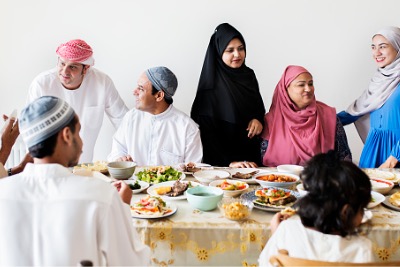
International Halal Food and Beverage Trends 2022
Halal consumers represent approximately 25% of the world’s population. Many reside in developing economies with increasing GDP’s and consumer purchasing power. Some Halal economic growth indicators that affect forecasted international food and beverage trends in 2022 include:
- high population growth
- increasing affluence among Muslim populations
- multinational expansion in developing countries
- global investment
- government investment in ethical products and services

According to Mordar Intelligence Halal Industry Reports, Halal food and beverage markets will continue to experience high growth between 2021-2026. Here is a brief summary for each region. The reports offer more information in greater detail.
North America
In the North America, demand for Halal certified products is increasing amongst Muslims and people of other faiths. Halal food is increasing as consumers are demanding more and more clean food options. More and more multinational food producers are seeking Halal certification. North America has a highly competitive Halal food and beverage market. It includes multinationals, imports from around the globe, and smaller niche producers. E-commerce and digital marketing is facilitating growth.
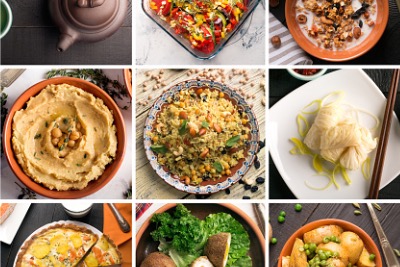
Middle East
In the Middle East and Arab Gulf States strong growth in demand for certified Halal food and beverage products is expected to continue. This is due to increased population both by birth and migration, increased wealth, a greater awareness of Halal dietary requirements amongst younger consumers and more interest in the hygiene, nutritional and safety aspects of Halal food production.
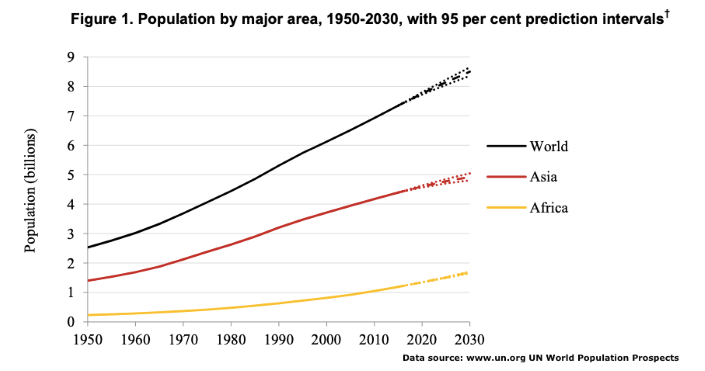
SE and East Asia
SE and East Asia, is also experiencing population growth through birth and migration. There is increasing awareness of Halal certification amongst non-Muslim populations. Strict legal dietary regulations have been in place in countries like Indonesia and Malaysia for decades.
Lately, several countries have been investing in Halal food production technologies. Halal production and consumption are expected to increase in the future.
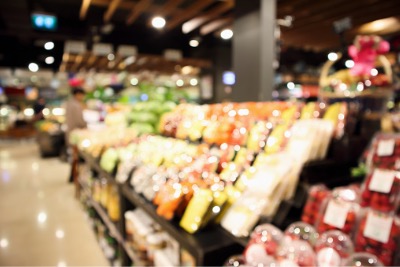
Europe
In Europe, countries like the United Kingdom, Germany, France, Italy, Spain, and Russia have some very well-developed Halal food markets. Growth due to birth, migration, greater awareness of Halal foods, and more non-Muslim demand for clean food is expected to continue at an increased rate. Most Halal options are available in larger cities; however, this is changing. Mainstream supermarkets in France and England have added Halal food sections and this trend is likely to continue. In addition, e-commerce innovation is making Halal food more accessible to those who do not reside in big cities.
South and Latin America
In South and Latin America, analysts expect market growth to grow at a more moderate level. Most growth in Halal certified products is occurring in Brazil and Argentina. The majority of Halal food and beverage products are unprocessed meat and poultry produced for ethnic markets. There is some opportunity to expand into baked goods, processed foods and confectionary products, as well as products that appeal to a wider range of domestic consumers.
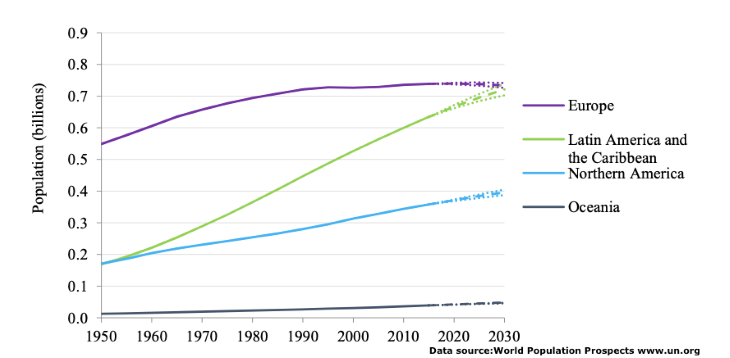
Opportunities Abound
Halal food and beverages include meat, bakery, dairy, confectionary, food supplements and a variety of beverage products. Halal dietary requirements are based on what is permissible and not permissible for consumption as outlined in religious scriptures and Shariah Law. In addition, government agencies in each country have Halal food regulations that companies must comply with. This makes Halal compliance in food and beverage a complex endeavor.
According to Pew Research, 30 percent of the world’s population will be Muslim by 2050. The population growth of Muslims will be nearly double the rate of the rest of the world. Well-managed Halal compliant food companies will be able to tap into an expanding $2 trillion market as populations grow and economies develop world-wide.
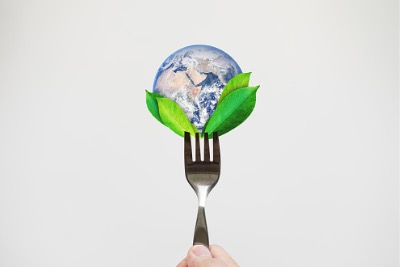
Islamic Services of America
Islamic Services of America (ISA) offers certification so that your company can access the large, growing, and affluent Halal market in the USA and around the world. ISA serves various industries located nearly anywhere in the world. Whether it is meat and poultry, flavors and colors, nutraceuticals or non-consumables, processed food, bakery products - Islamic Services of America is the company to quickly accommodate all Halal inquiries and needs.
We serve manufacturers, production facilities and producers from all industries. Ask us how ISA can help benefit your company's specific goals and plans.